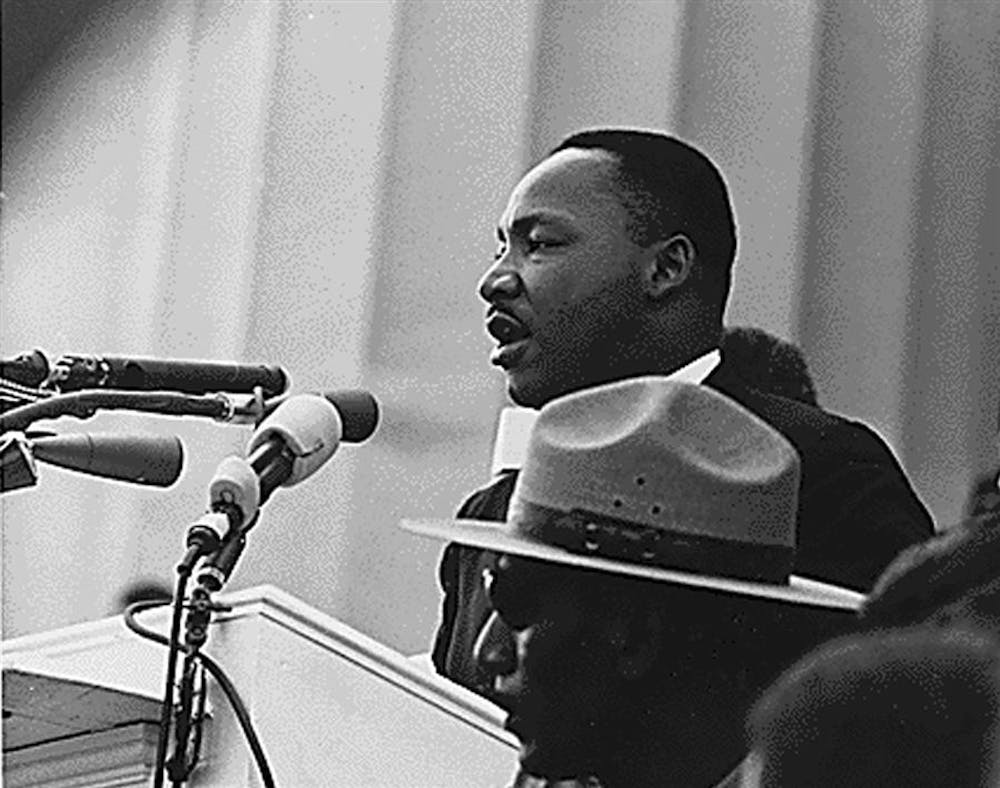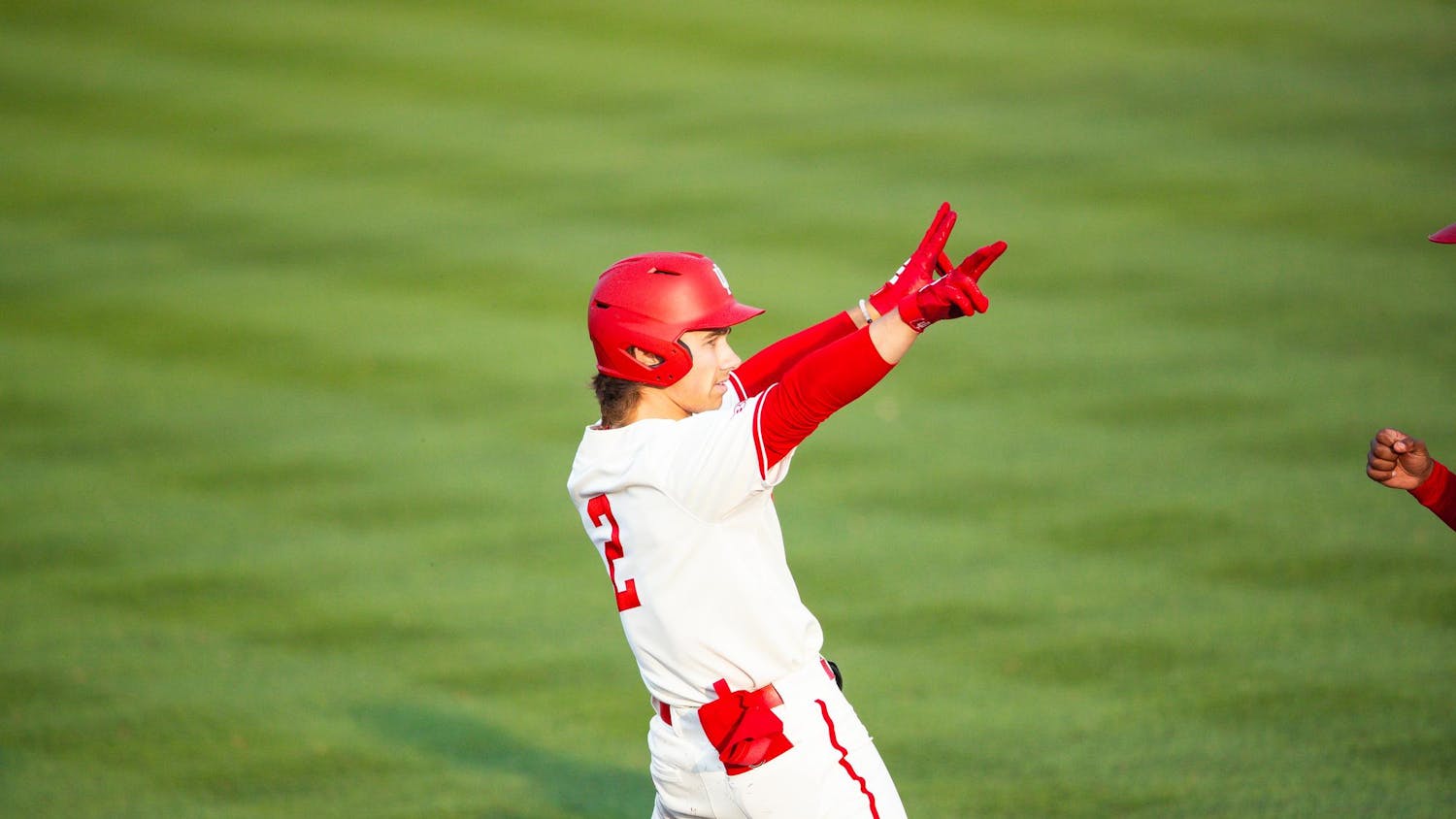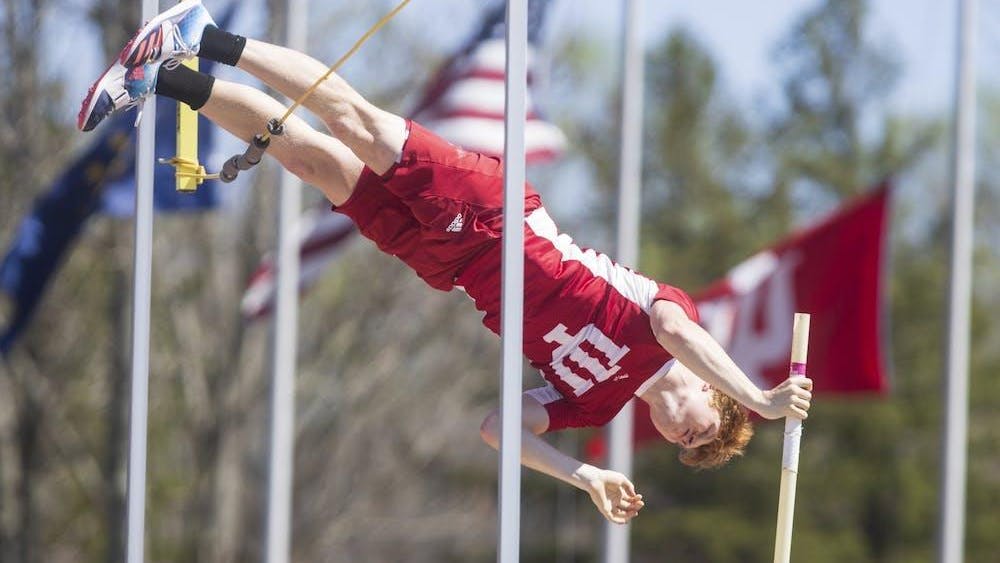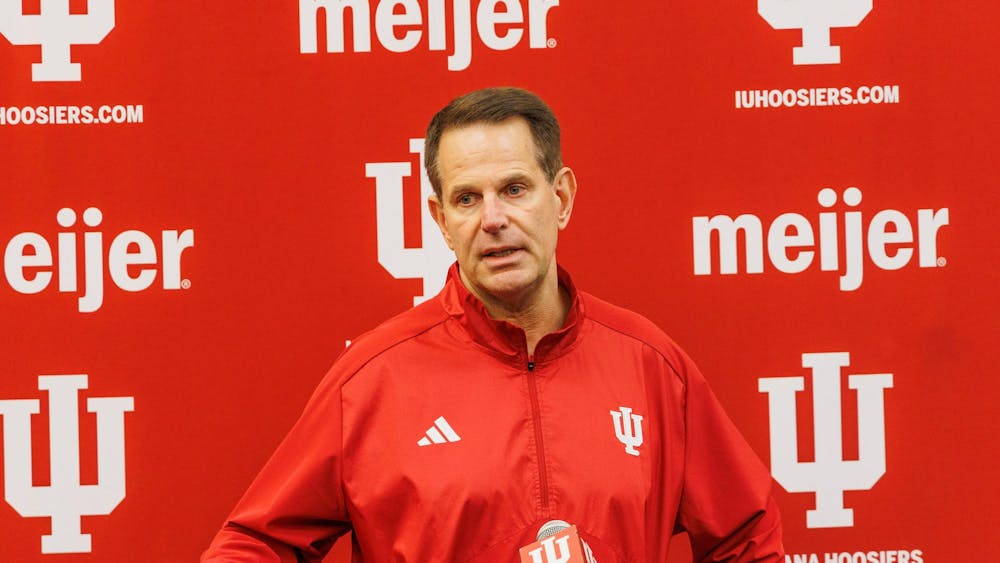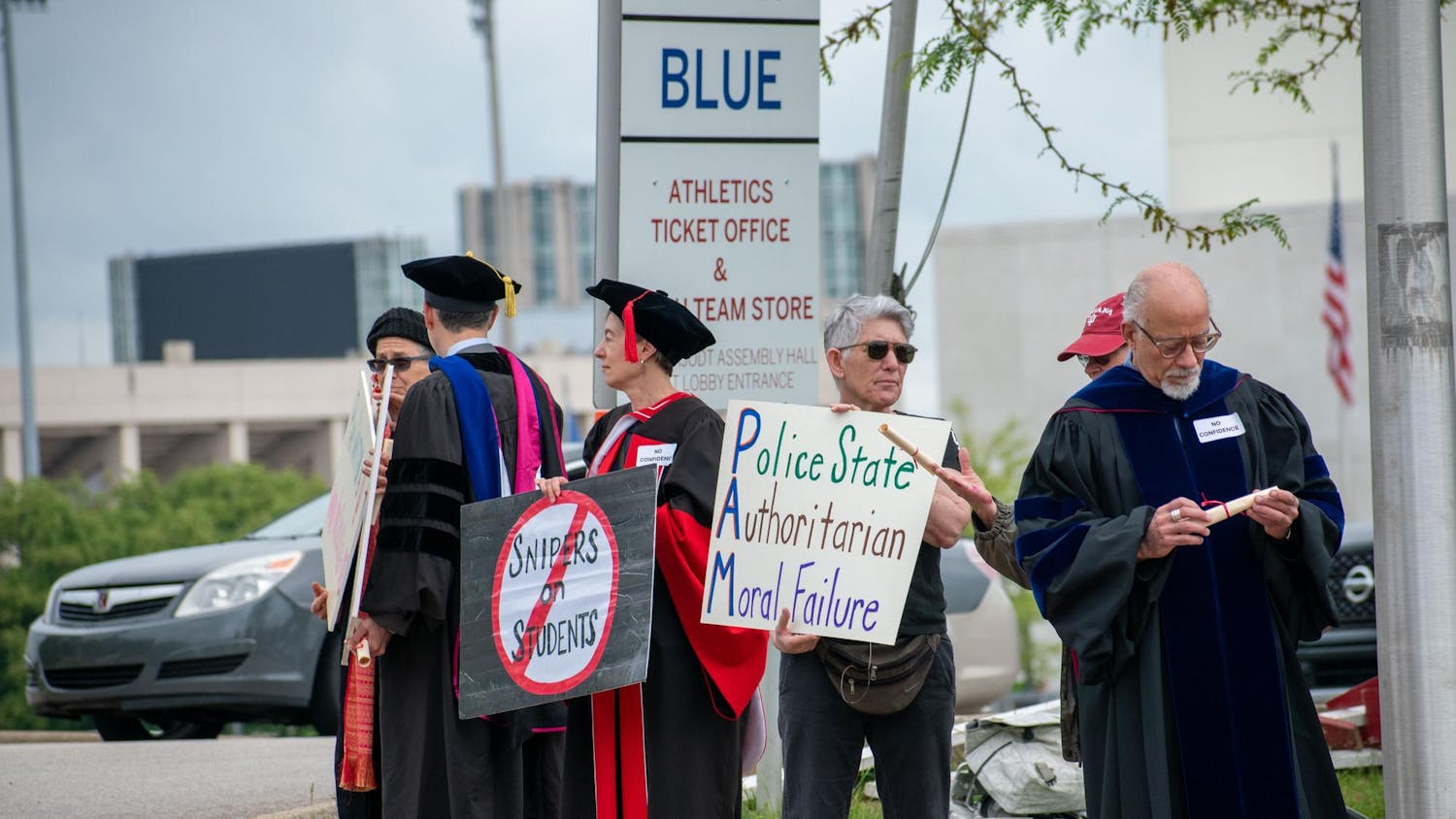Jan. 15, 1929.
It might be a day that many don’t know from the top of their head, which is okay, because I wouldn’t know either, but that date is a day that changed the whole world. It was not necessarily on the exact day, it was important for the years to follow.
Jan. 15, 1929 was the day Martin Luther King Jr. was born.
We all know his story. King was the son of a Baptist minister and became a Baptist minister. From the streets of Atlanta all the way to the steps of the Lincoln Memorial in Washington, D.C., where he hollered, “I have a dream,” the man simply changed everything that we know today.
Just for a second, glance to your left or right. If you’re reading this online, contemplate your friends or peers that are people of color. Consider how little of this would’ve been probable less than a century ago.
King wasn’t necessarily the biggest athlete as a youngster. As a matter of fact he really didn’t pursue sports, but boy he loved his billiards. Even though King didn’t directly affect sport on the field or court, he very much understood the advantages that sport creates for our society.
He had an understanding of the political and symbolic power of sports. King understood, maybe better than anyone, that athletes could be a powerful megaphone for civil rights and racial injustice.
He couldn’t have learned from anyone better. As a teenager in 1947, King watched Jackie Robinson break the racial barrier in Major League Baseball. He called Robinson a “pilgrim that walked in the lonesome byways toward the high road of freedom. He was a sit-inner before sit-ins, a freedom rider before freedom rides.”
That man could talk.
Just reminisce how difficult things were for guys like Chuck Cooper, Kenny Washington and Robinson. Cooper and Washington were the first black players in the NBA and NFL, respectively. Imagine what they had to go through every game, every practice or every second with some of their own coaches and teammates despising them and barking racial slurs. Fans booed, spat and threw food and drinks on them. Players got multiple death threats as if it were part of their everyday routine merely because their skin didn’t look the same as others’.
It makes every part of my stomach feel as if it’s getting clutched tighter and tighter by a giant fist.
Simply sickening.
Look where we are today. There once was a time when no black men played in the NBA and NFL, and now they make up 74.3 percent and 67 percent, respectively, of the leagues. There once was a time when no black man would ever think about coaching for a professional organization, and there were two hired as head coaches in the NFL just a week ago.
Now when we see a man or woman of color on a court or field, many don’t yell at them in anger; rather, they stand up and applaud in exhilaration.
Tony Dungy, one of my favorite coaches ever, would’ve never been given the opportunity to coach an NFL team if it weren’t for King and his doings. Who are some of your favorite players and coaches, and would they be where they are today if it weren’t for King.
It’s not just at the professional level. Think about IU. Bill Garrett became the first African American player on an IU varsity basketball team in 1947 and the first to play basketball in the Big Ten thanks to Herman B Wells, who told coach Branch McCracken that he would handle any potential backlash from other Big Ten coaches.
Student-athletes like Isaiah Pasteur, Thomas Bryant, Adrian Mable, Sydney Anderson, Jazzmine McDonald and others wouldn’t be able to showcase their abilities at IU without King. We wouldn’t have the coaches like Ed Beathea and Janese Banks here in Bloomington to prepare kids for life and the future.
Everything King did I can’t even begin to grasp. I will never understand how one man had the amount of courage, patience and strength of mind that King did. He changed the world. Now black and white people can walk the streets, halls, locker rooms, business buildings and more together. One can turn on the television and see many black athletes thrive and have the success that they deserve. Of course there are still problems that desperately need to be fixed today — I’m nowhere near saying all things are perfect here in the year of 2017.
However, that I can say that some of my best friends, one of my roommates, some of my favorite coaches and players are men of color is a beautiful thing. I wouldn’t be blessed to know any of these individuals if it weren’t for you.
So thank you, Martin Luther King Jr. What you did was truly remarkable.

